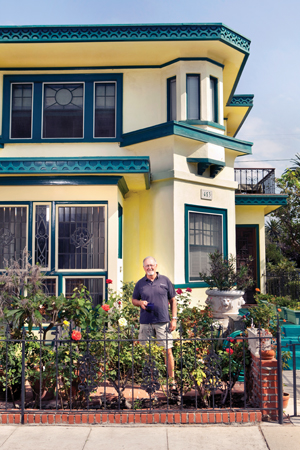After
years of having public safety and health concerns ignored, the Venice Stakeholders Association and individual
residents today filed a lawsuit against the City and County of Los Angeles for
their maintenance of a public nuisance and dangerous conditions along the
Venice Boardwalk and beach that deprive residents of the quiet and safe
enjoyment of their homes and the Venice community of the safe use of the Venice
Beach Recreation Area.
“It has long been evident that the City and
County enforce “no camping” laws in all of their parks except the Venice Beach
Recreation Area,” said Mark Ryavec, president of the neighborhood
association. “One look at
the pristine condition of the park next to City Hall or Grand Park next to the Hall of Administration
shows the unequal treatment Venice
“It is only at the Venice Beach Recreation
Area and on adjoining streets that a lawless Skid Row encampment, open drug
sales and use, loud late-night noise, and public inebriation, urination and
defecation is routinely permitted,” Ryavec said. “This is not tolerated elsewhere in Los
Angeles or
in other beach cities along Santa Monica Bay
“Since City and County officials and the Los
Angeles Homeless Services Authority have not replied to our many requests to
clean up the park and beach, we had no choice but to bring this lawsuit.”
“The stakes are very high,” Ryavec said. “This lawless environment spawns
deadly behavior – for example, the killing of a young Italian visitor who was
run down on the Boardwalk by a meth-addicted transient in his car in the summer
of 2013. Or the recent home invasion that forced a young woman out onto the
rooftop of her house to escape a transient who had broken in.
“The lack of enforcement of existing laws
makes the hundreds of campers living along Venice Beach
Rob Glushon, the attorney for the VSA and
individual plaintiffs Gary Harris, Jack Hoffmann, Arthur Kraus, David Krintzman
and Brad Neal, said, “California Venice Beach
Contact: Mark
Ryavec at 310 871 6265




